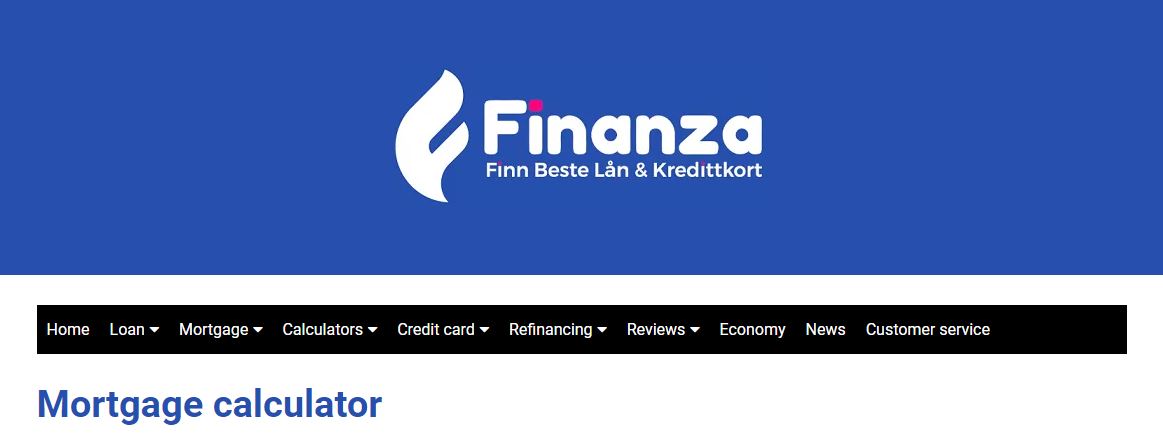Small businesses cannot exist without financial management; furthermore, it offers the foundation for wise choices and consistent growth. Effective financial management is defined by budgeting, cash flow analysis, and strategic planning—which helps firms owners use resources rationally and respond effectively to changes in the market.
Among the many financial challenges small business owners might face are debt management, maintaining consistent cash flow, and market conditions altering quickly. Bad financial planning could result in unexpected expenses, few chances for development, and maybe even firm bankruptcy. Considering their worth, owners should so approach their money with tremendous energy. By means of continuous financial performance, well defined objectives, and utilisation of financial instruments and resources, small businesses may establish resilience against hurdles and prepare themselves for long-term stability. Good understanding of financial management at last allows small business owners to make intelligent judgements as well as guide them towards higher profitability and success.
Create a Comprehensive Budget and Stick to It
Any company or person trying for financial security must first create a thorough budget. A comprehensive budget shows all anticipated income and spending, therefore offering a clear financial road map. Making good judgements and creating reasonable financial objectives depend on this clarity.
Preventing overspending mostly depends on keeping to a budget. Following set boundaries helps people and companies to prioritise necessary costs without giving in to impulsive buys. Furthermore, the management of cash flow depends much on a well-organised budget. It guarantees commitments are fulfilled on time and money are allocated correctly by helping to improve monitoring of revenue and expenses.
Moreover, a careful budget offers the foundation for future development. Strategic planning makes it feasible, therefore leading identification of areas for investment and viable cost-cutting measures. Frequent budget monitoring and adjustment when required enables businesses to adapt to the times and seize development possibilities. All things considered, a completely budget is not only a tool but also a must for sustained growth and stable financial situation.
Sort Personal and Business Expenses
Good financial management mostly depends on keeping separate bank accounts and financial records for both personal and corporate income. This system streamlines accounting, therefore facilitating tracking and classification of costs. Business transactions maintained separate from personal ones allow people to effectively control revenue and expenses, therefore lowering the possibility of mistakes and uncertainty.
Separate accounts might simplify tax preparation. Good income reporting and fast identification of deductible costs enable companies owners guarantee tax law compliance and reduce their audit risk. This overall financial picture supports great financial analysis and strategic decision-making as well.
Separating company and personal funds also helps protect personal assets. Separate business accounts help to lower personal risk and safeguard private wealth under conditions of financial or legal obligation. Separating personal from business contacts helps one to achieve more mental stability and tranquilly. Keeping several accounts is advised behaviour that enhances general financial organisation, compliance, and security.
Track Cash Flow Continuously
Consistent monitoring of cash flow is necessary for one to analyse a company’s financial position. It enables owners of businesses to see trends, predict shortages, and make smart capital and expenditure decisions. Regular monitoring helps to identify tendencies that can lead to probable cash flow issues before their crucial character.
Implementing tools or software for real-time monitoring can enhance this process. Solutions like QuickBooks or FreshBooks enable businesses to track income and expenses efficiently, providing instant insights into cash flow status.
To manage cash flow effectively, it’s essential to invoice promptly. Early invoices reduce the waiting period for incoming funds, therefore ensuring that cash is available when needed. Moreover, proper inventory control is crucial; too much inventory might lock up money intended for another use. Frequent stock level checks by companies help to optimise stock and assure liquidity.
Maintaining a good financial situation and making wise decisions depend on regular cash flow control along with appropriate instruments and practices.
Invest in Professional Financial Advice
Hiring professional financial advice pays off in many different ways. Accountants and financial counsellors have specific knowledge that would help someone or a business considerably better their financial status. For tax planning, they are very crucial as they ensure compliance and highlight credits and deductions meant to lower tax liabilities.
Experts construct tailored financial plans depending on specific objectives like retirement, tuition, or business growth. Their insights could draw attention to investment opportunities that might otherwise go unnoticed, therefore helping consumers to optimise returns and lower risks.
Financial advisers also shine in seeing ways to cut expenses, therefore allowing customers to better use their resources. Through study of expenditure trends and provision of budgeting guidance, they may assist both people and companies in improving their financial effectiveness.
Professional financial advice ultimately offers a strong basis for long-term success; it guides clients over difficult financial terrain and enables them to make wise choices consistent with their objectives. Dealing with professionals is an investment with major, long-term returns.

Conclusion
Small company owners have to give financial management first priority if they want stability and expansion. Important financial advice includes keeping accurate and current financial records, building a reasonable budget that covers both fixed and variable expenses, and routinely checking cash flow to help to prevent any shortages. Long-term planning calls for a robust budget, searching for many sources of income to lower risk, and professional financial advice taken under consideration. While preserving emergency funds might serve to provide a buffer against unplanned catastrophes, timely collections and effective invoicing aid to increase cash flow. By focusing on these basic financial concepts, small company owners may better handle challenges and prepare their businesses for long-term success. Giving business and finance management first attention eventually transcends just survival in a competitive market.



